Hospitality Megatrends 2020
Over the last the 30 years The Gettys Group has built a reputation for their forward thinking and innovative approach to international hospitality design. Having hosted the BDNY Consumer Megatrends panel last year, Design Insider caught up with CEO Roger Hill and Chief Innovation Officer Ron Swidler to discuss what they believe is shaping the future of hospitality design.
We asked CEO Roger Hill to explain Gettys philosophy, “We begin by looking at the broader industry and our clients’ objectives, then tailor a project approach which might include our interior design, branding, procurement or even development services. But what I think sets us apart is our research-based methodology and view to the future of hospitality.”

Roger Hill, CEO Gettys
As Chief Innovation Officer, Ron Swidler has initiated evolution and revolution within the firm and the industry, including The Hotel of Tomorrow Project™ an industry-leading think tank envisioning the future of hospitality and subsequently the Fast Forward Conference.
Ron also co-authors a bi-monthly trendline newsletter in collaboration with TrendWatching. So, who better to ask which key trends he predicts will have the greatest impact on the hospitality sector in the coming year:
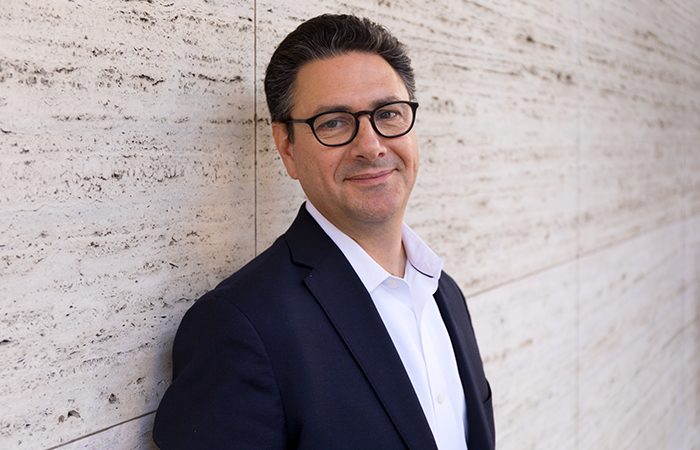
Ron Swidler, CIO Gettys
Ephemeral
The scarcity of time and its consequences.
Rapidly changing consumer/guest expectations sit at the heart of this trend, including a desire to extract as much value as possible from every moment. Considered initiatives will allow hospitality brands to be more frictionless, relevant, valuable and memorable to serve and support these guest needs.

The Edwin, an Autograph Collection Hotel in Chattanooga, Tennessee
“With time scarcity comes an opportunity for hotels to support what is most important to their guests, which increasingly includes, their physical and mental wellness (which extends to the impact that they are having on the environment). Hotels are focusing more and more on the quality of sleep, healthfulness of their food and beverage offerings (including creative, non-alcoholic drinks), resource conservation and high and low-impact fitness options,” explains Ron. “This trend is a psychographic mindset that transcends demographics. It’s a state of mind and health. More guests are choosing hotels that align with their lifestyles.”
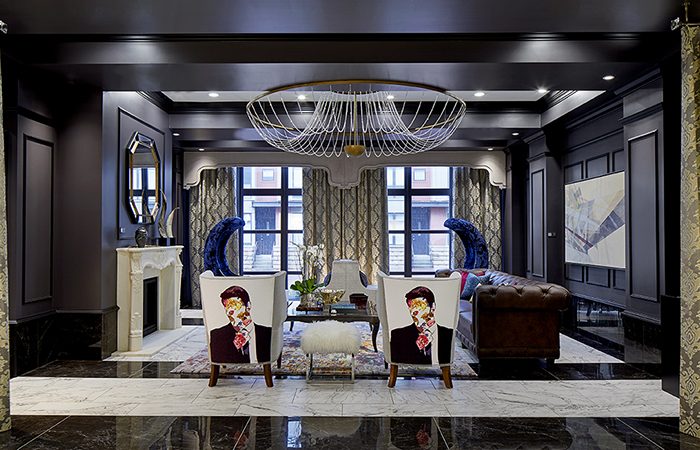
The Edwin, an Autograph Collection Hotel in Chattanooga, Tennessee
“At one of our recently completed branding and design projects, The Edwin, an Autograph Collection Hotel in Chattanooga, Tennessee, guests can bypass the front desk with an app that allows for keyless entry or choose to interact with a gracious desk host who will reward them with complimentary water and a treat,” cites Ron. “The hotel has luxurious beds and bedding, premium bath amenities, a spa and a partnership with the neighbouring art museum for restoration and inspiration.”
Edutainment
Education + entertainment
One way to create more meaningful and lasting guest experiences is to enrich them with knowledge/skill acquisition. Today, increasingly consumers want transformative travel, even in small doses, that open their eyes to new possibilities.
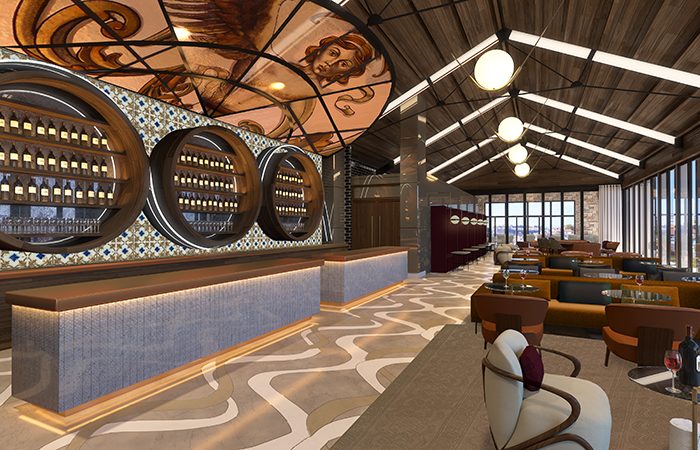
World of Wine, Porto, Portugal
“We conceptualize on-property edutainment experiences that activate the pillars or essence of the brand to build a stickier bond between guests and the hotel or restaurant brands we create.” One exceptional example Ron shared is being incorporated into the wine bar/tasting room at the ‘World of Wine’ being developed in Porto, Portugal.
“Visitors to both the Cork Museum and the Porto Museum end their experience in the wine bar where they get an experiential lesson in the regions’ fine wines.”
Village Squared
Brands that stimulate community within a community
Sharing experiences creates a sense of community. Airbnb has demonstrated how powerful the shared economy is, Gettys believe there is a genuine opportunity for hospitality brands to better provision in our connected world.
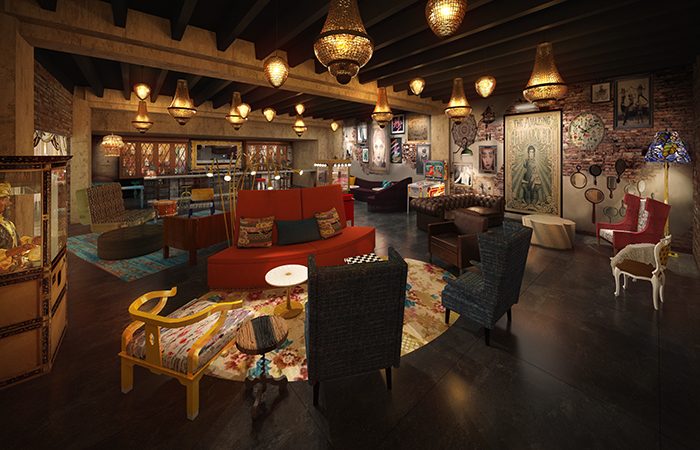
Wayfarer, Downtown Los Angeles
“We see this as an increasingly valuable international trend having recently developed a new poshtel (posh+hostel) brand concept in Santa Barbara CA and downtown Los Angeles. This is not for your stereo typical backpacker; this is for individuals who could be on a working assignment but want the human contact of sharing great living spaces and a communal kitchen area.”
Interesting, this trend has a significant application in employee retention. They are equal participants in the communal guest experiences on property. Guests form relationships with team members (and by extension form a more personal connection with the brand). And team members feel like a part of the community that they serve. This leads to higher job satisfaction and retention.
“Hospitality has always been a, ‘people serving people’ business. As more technology supports and even replaces team members, it is increasingly important that people are doing things that only people can do, or do best, such as forming relationships with guests.”Roger explains.
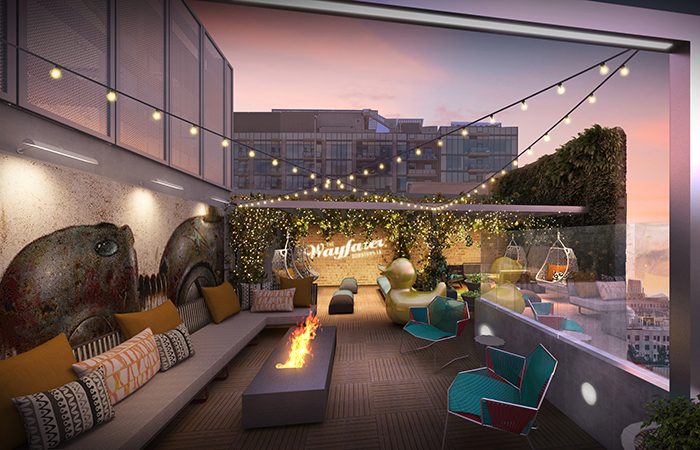
Wayfarer, Downtown Los Angeles
When we think about the fickleness of consumers and guests today, we should remember that hospitality offers a more immersive and longer experience than many other industries. Hotels and restaurants have a unique opportunity to take friction out of certain aspects of the guest journey—those that annoy guests the most, like standing in lines—and to stretch out the positive and memorable moments – like shared edutainment experiences that create a more enduring relationship between people, places and brands.
Winners of 2019 Hospitality Innovators by the Institute for Hospitality Entrepreneurship at the Cornell University School of Hotel Administration (SHA). Gettys are shortlisted for no less than three gold key awards at BDNY this year.




